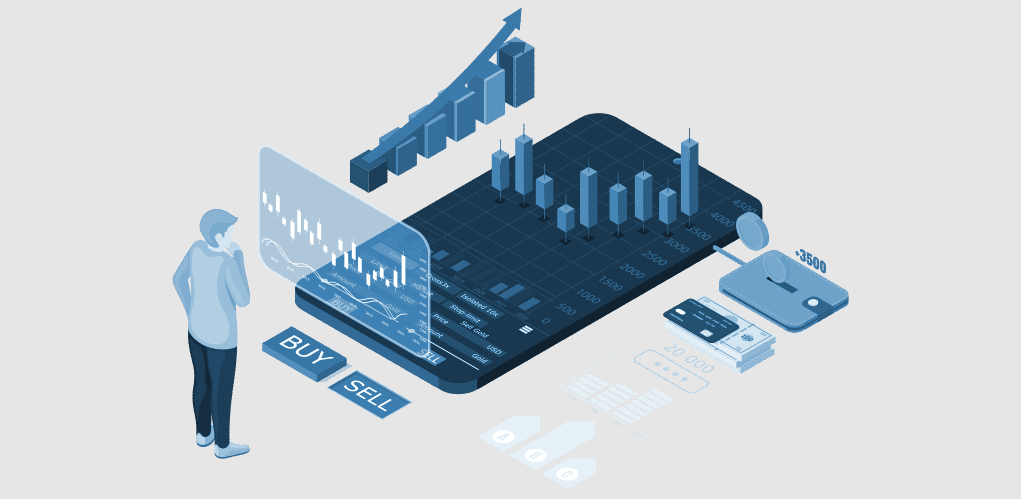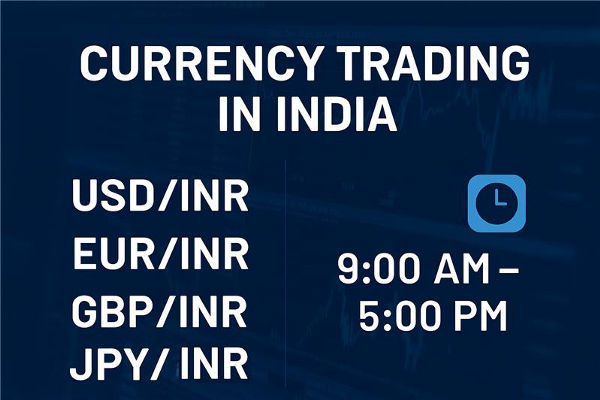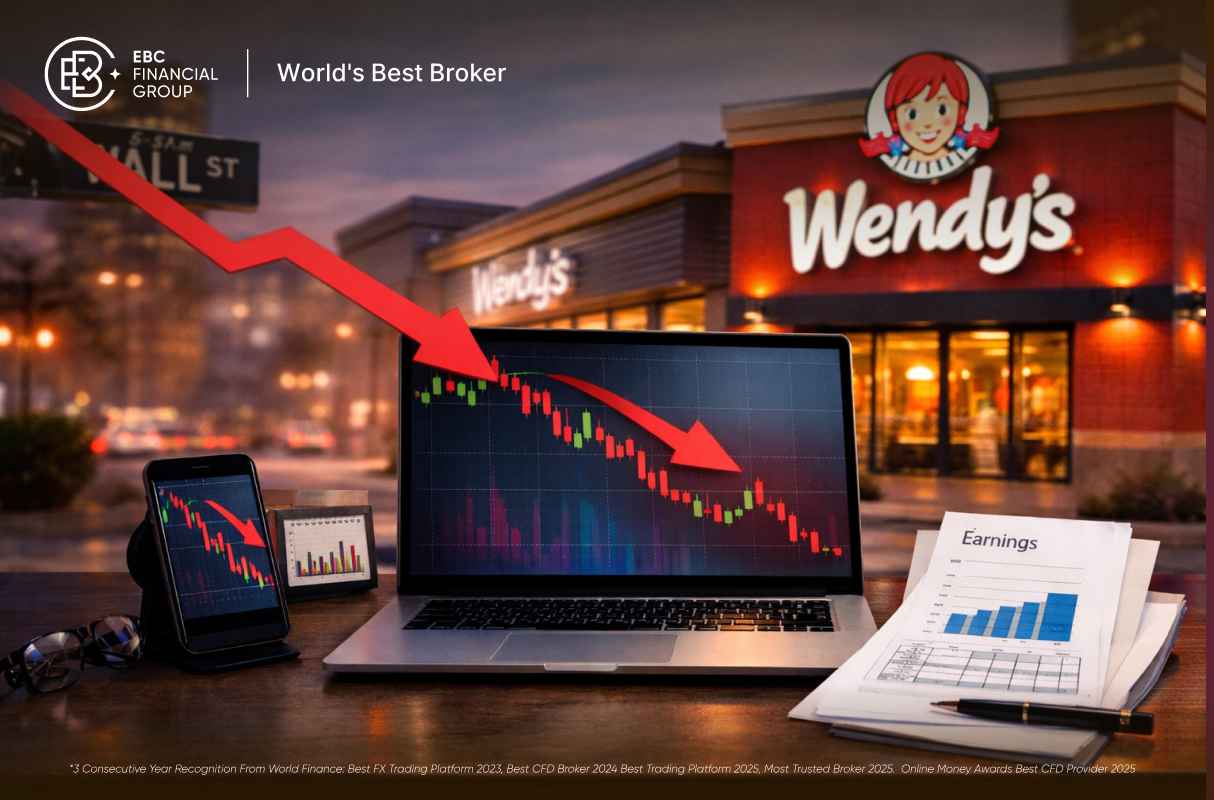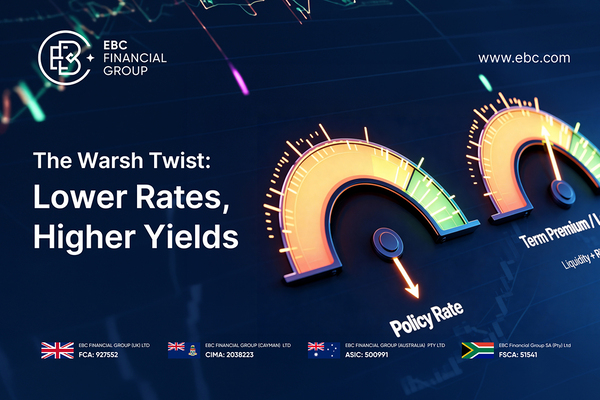Starting your journey into trading can feel overwhelming, especially when you're not sure where to begin. But with the right approach and knowledge, trading for beginners can be a rewarding and exciting endeavour.
Whether you're interested in stocks, forex, or commodities, this guide will outline the first steps you need to take to become a successful trader.
Trading for Beginners: Step-by-Step Guide

Step 1: Understand the Basics of Trading for Beginners
Before you can dive into any trade, you must grasp the fundamentals of trading for beginners. This includes learning key concepts such as market orders, bid-ask spread, leverage, and margin. Understanding these terms will help you make informed decisions as you begin your trading journey.
Market Orders: These are instructions to buy or sell at the current market price.
Bid-Ask Spread: The difference between what buyers are willing to pay and what sellers are willing to accept.
Leverage: Allows you to control larger positions with smaller amounts of capital but also increases your risk.
-
Margin: The amount of money you borrow from a broker to trade on leverage.
By understanding these basic terms, you'll be better equipped to navigate the world of trading.
Step 2: Choose the Right Broker for Beginners
Selecting the right broker is essential when trading for beginners. A reputable broker provides the tools, platforms, and resources to trade efficiently. Look for brokers that offer:
Low Fees: Make sure the broker has competitive fees to maximise your profits.
User-Friendly Platform: A simple, easy-to-use platform is key for beginners to execute trades and track progress.
Educational Resources: Choose a broker with educational materials like tutorials and webinars to enhance your trading skills.
Make sure you research brokers thoroughly to find one that offers a trustworthy and supportive environment for new traders.
Step 3: Start with a Demo Account
If you're a beginner, most brokers offer demo accounts to practice trading without using real money. This is an excellent way to experience trading for beginners in a risk-free environment. A demo account mimics real market conditions, allowing you to test strategies and learn how to use the trading platform.
Use the demo account to get comfortable with executing trades, manage positions, and practice risk management. The more time you spend here, the more confident you will become when you transition to real money trading.
Step 4: Learn and Apply Different Strategies
As you get comfortable with trading for beginners, it's time to explore various strategies that suit your trading style. Some common strategies include:
Day Trading: Buying and selling assets within the same trading day to profit from small price changes.
Swing Trading: Holding assets for a few days or weeks to capture medium-term price movements.
Trend Following: Identifying trends in the market and taking positions that align with the trend.
Each strategy has its own risks and rewards, so it's important to experiment and find what works best for you.
Step 5: Develop a Trading plan
When trading for beginners, it's crucial to create a trading plan. A solid plan helps you stay disciplined and focused on your goals. Your plan should cover:
Goals: What are you trying to achieve in the market? Set specific, measurable, and realistic goals.
Risk Management: Determine how much risk you are willing to take and establish rules for limiting losses, such as using stop-loss orders.
Trading Schedule: Decide how often you want to trade and set a schedule to follow.
Review and Adjust: Regularly assess your trades, reflect on what worked or didn't, and make improvements.
A good trading plan acts as a roadmap to success and helps you avoid impulsive, emotional decisions.
Step 6: Control Your Emotions
Trading is not only about strategy but also about managing your emotions. One of the biggest challenges when trading for beginners is learning how to stay calm and avoid emotional decisions, such as chasing losses or becoming overconfident after wins.
To manage your emotions:
Stick to Your Plan: Never deviate from your plan based on emotional reactions.
Take Breaks: If you're feeling overwhelmed, step away from the market for a while.
Accept Losses: Losing is a part of trading. Don't let it affect your mindset or your next trade.
By mastering emotional control, you'll improve your chances of making sound decisions.
Step 7: Keep Learning and Improving
As you continue your journey in trading for beginners, always stay open to learning and refining your skills. The market is constantly evolving, and staying informed is key to success.
Keep reading trading books, joining forums, following financial news, and taking courses. The more you educate yourself, the better your decision-making will become.
Conclusion
Trading for beginners doesn't have to be overwhelming. By following the steps above, you can start trading confidently and develop the skills needed for long-term success.
Understand the basics, choose a reliable broker, practice with a demo account, and always stick to a plan. Trading is a continuous learning process, so keep improving and stay disciplined. With time and dedication, you can become a skilled trader.
Disclaimer: This material is for general information purposes only and is not intended as (and should not be considered to be) financial, investment or other advice on which reliance should be placed. No opinion given in the material constitutes a recommendation by EBC or the author that any particular investment, security, transaction or investment strategy is suitable for any specific person.


























